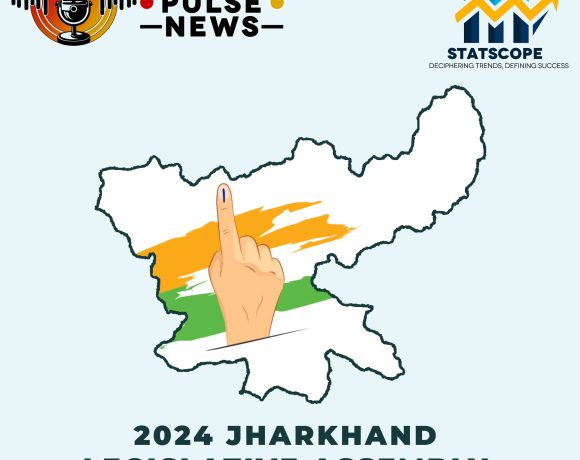
In a landmark decision, the Union government on Thursday granted classical language status to five more Indian languages: Marathi, Bengali, Pali, Prakrit, and Assamese.
This move, announced by Information and Broadcasting Minister Ashwini Vaishnaw, raises the number of classical Indian languages to 11, adding to the existing Tamil, Sanskrit, Telugu, Kannada, Malayalam, and Oriya.
Historical Decision by Union Cabinet
The decision was taken during a Union Cabinet meeting chaired by Prime Minister Narendra Modi. Minister Ashwini Vaishnaw highlighted the significance of the move, stating, “This is a historical decision and aligns with Prime Minister Modi’s vision of taking pride in our heritage and promoting all Indian languages.”
PM Modi and Regional Leaders Celebrate the Move
Prime Minister Modi took to social media to express his happiness over the recognition of these languages. “Our government cherishes and celebrates India’s rich history and culture. We have been unwavering in our commitment to popularising regional languages. I am extremely glad the Cabinet has decided that Assamese, Bengali, Marathi, Pali, and Prakrit will be conferred the status of Classical Languages!” he posted on X (formerly Twitter).
Regional leaders, too, celebrated the recognition. Assam Chief Minister Himanta Biswa Sarma thanked the Prime Minister, saying, “Assamese is now a Classical Language. This exemplifies the unique civilisational roots of Assam that have withstood the test of time.”
Similarly, Maharashtra Deputy Chief Minister Devendra Fadnavis expressed gratitude to the Prime Minister and the Cabinet for fulfilling the state’s long-standing demand to grant classical language status to Marathi. “From today, our Marathi language will be known as an elite language. This is a day to be written in golden letters,” Fadnavis wrote on X.
West Bengal’s Efforts Recognized
West Bengal Chief Minister Mamata Banerjee also praised the Union government’s decision to accord classical status to Bengali. “We had been striving to achieve this recognition for a long time and submitted extensive research findings to the Ministry of Culture. We are delighted that the Union government has accepted our claim today, elevating Bengali to the cultural apex of Indian languages,” she shared.
A Boost to Linguistic Heritage
The status of a classical language is granted to languages with a rich heritage and historical significance. With this addition, these languages will now receive more resources for research and preservation. The recognition is expected to enhance efforts in safeguarding the cultural and literary heritage of these languages for future generations.
The move to confer classical language status reflects the Union government’s commitment to promoting linguistic diversity and preserving India’s rich cultural heritage. As a result, the inclusion of Marathi, Bengali, Pali, Prakrit, and Assamese will strengthen the country’s linguistic legacy, providing these languages with the prestigious recognition they deserve.


















